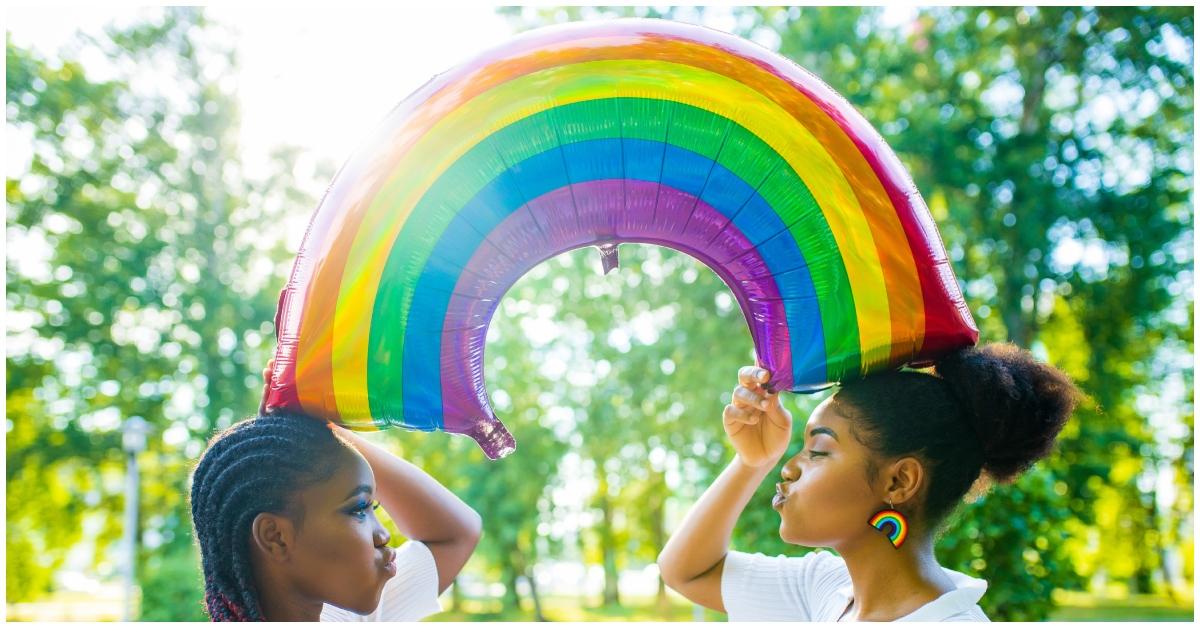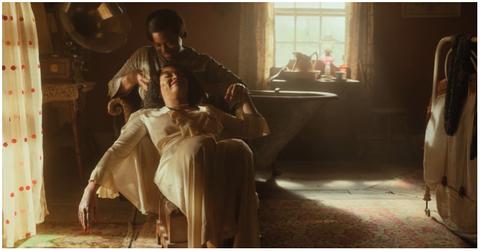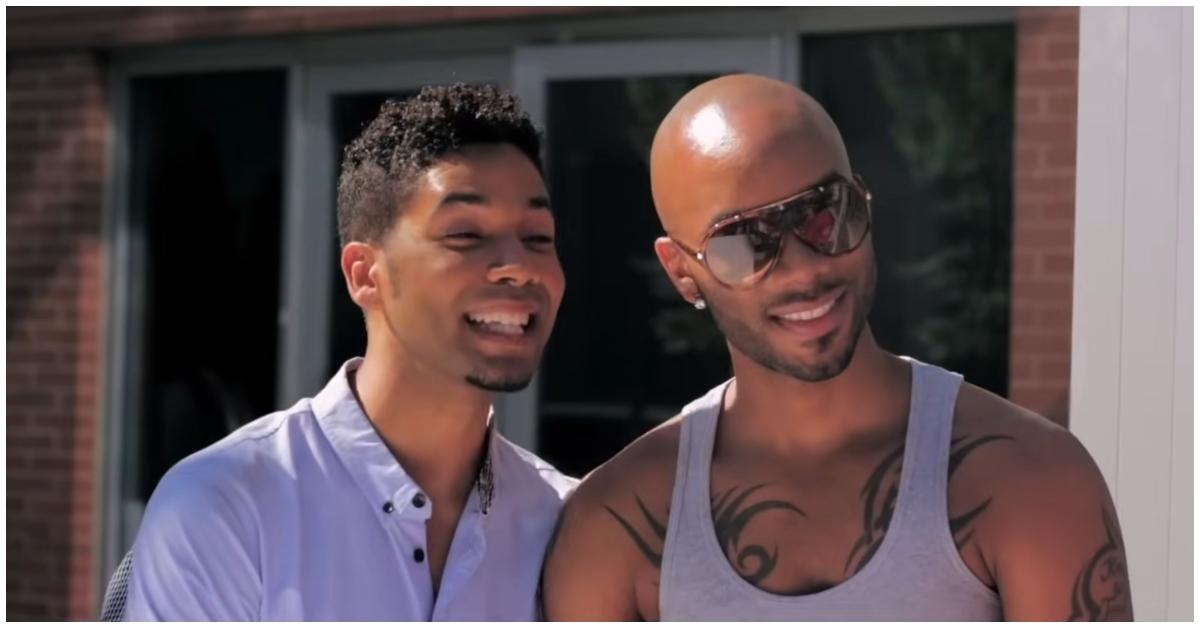Sound Off: Black LGBTQIA People Deserve a Rom-Com
In this 'Sound Off' piece, I explore the frustration of not "finding a love that looked like mine" in a romantic comedy.
Published Feb. 12 2024, 5:45 p.m. ET
One of my favorite genres of movies is the romantic comedy, often called the “rom-com.”
As a kid born in the ‘90s, I’ve seen almost every popular rom-com of the era imaginable, from Clueless to 10 Things I Hate About You, Can’t Hardly Wait, etc. And, of course, as someone who is Black and had Black adults in her life growing up, I was exposed early on to some classics starring people who looked like me, such as Jumping the Broom, Brown Sugar, and Deliver Us From Eva, to name a few.
While seeing other Black people on screen was less of an issue than it was for previous generations, finding a love featuring Black, queer women such as myself was rarely highlighted on film. And, when I did, I noticed the stories were never funny but were typically filled with unacceptance and secrecy, something that is sadly authentic to the Black queer or LGBTQIA space. However, like many parts of the human experience, there’s light and, dare I say it, humor in finding love while gay.
My heart breaks for the generations coming up (and my own) who still haven’t seen themselves in a rom-com setting. During the Valentine’s Day season, when these movies often thrive, here’s my open letter to Hollywood to tell our stories without adding tragedy.

Why don’t Black rom-coms exist?
Before I dive into the need for a genuine Black, queer rom-com that isn’t rooted in the struggles we face just for being ourselves, I have to be fair and say that Black queer film representation has come a long way.
According to a May 2021 summary from Victor Evans in the Oxford Encyclopedia, Black queer cinema wasn’t around until the 1980s. The post shared that the concept came as a “reaction to the AIDS/HIV epidemic, as well as the blatant homophobia that existed within the Black community in the 1980s” and named queer directors Isaac Julien, Marlon Riggs, and lesbian director Cheryl Dunye spearheading the cause in the ‘80s and ‘90s.
The inception of Black LGBTQIA characters came with The Color Purple, Set It Off, and Holiday Heart in the ‘80s and ‘90s. However, no producer, creator, or director ever made a coming-of-age love story for LGBTQIA people in the same vein as Love Jones, The Best Man, and the always controversial Love & Basketball.
And, from the available stories, the characters are often reduced to the physically sexual side of our love, and we don’t get to see the humor or the innocence of a queer love story. For instance, I’ve never seen a lesbian couple move in together with a U-Haul soon after meeting, which is something the community often jokes about.
Stereotypes aside, queer people have the same anxieties about if their crush will text them to connect, wondering if the person they met on a dating app is a catfish (it happens all the time), or falling in love with your best friend. These real-life situations are rarely seen on-screen or are even greenlit by Hollywood.
The few Black queer romantic depictions out there are worth amplifying.
Though there has never been a mainstream romantic comedy featuring Black queer leads, Hollywood has found ways to make audiences ask less annoyed by showcasing Black queer love in some of its mainstream films and TV shows.
Programs like Noah’s Arc, The Chi, Season 3 of Master Of None, Pose, and The Skinny showed an accurate depiction of queer relationships, as well as Moonlight, which won an Academy Award for Best Picture in 2017.
As the success of these projects proves, Black queer folks will show up to see themselves on screen. So again, the question remains: why can’t we view the lightness of our identities in a movie theater?
With more actors and creators in the LGBTQIA community evolving into A-list spaces (Colman Domingo and Niecy Nash being the first to come to mind), there are opportunities to see a rom-com that would change the one-note interpretation of what Black queer love is or can be.

